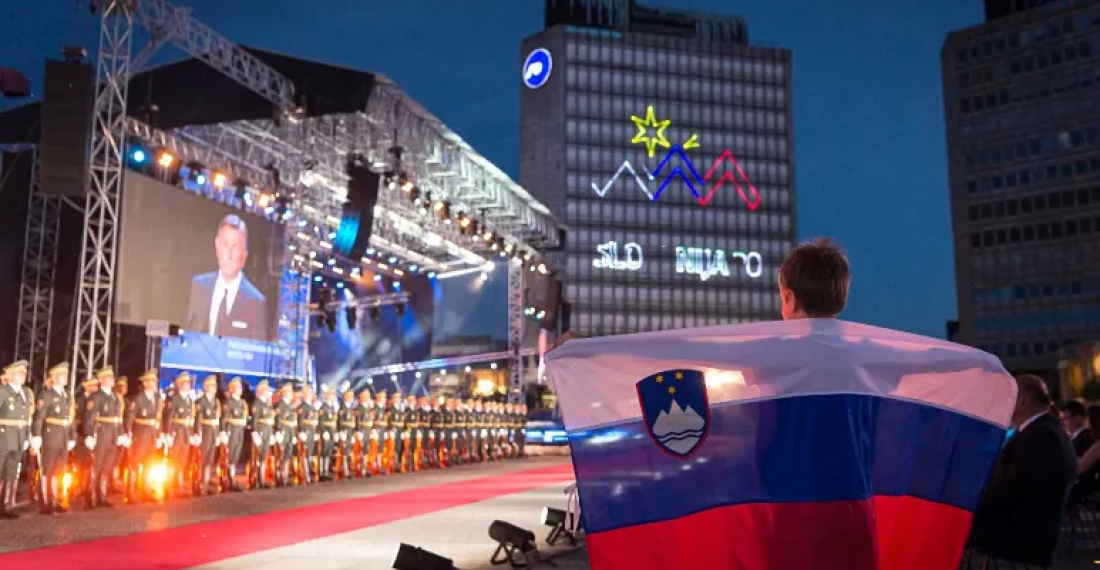Slovenia is set to take a place at the UN Security Council for the second time since gaining independence from Yugoslavia, beating Russian ally Belarus in a vote at the United Nations on Tuesday (6 June).
The race between the two members from the UN's Eastern Europe bloc was the only contested election for five seats on the UNSC. In the secret ballot election in the 193-member General Assembly, Slovenia received 153 votes while Belarus got 38 votes.
The ballot was closely watched to gauge the UN members' support or opposition to Russia's ongoing invasion of Ukraine, during which Belarus has been a firm ally of Moscow.
“UN member states doubtlessly decided that Belarus’ grave human rights abuses at home and whitewashing of Russian atrocities in Ukraine disqualify it from serving on the Security Council,” said Louis Charbonneau, UN director at Human Rights Watch.
Four other countries elected to the Security Council will serve two-year terms alongside Slovenia. Facing no opposition, Guyana received 191 votes, Sierra Leone received 188 votes, Algeria received 184 votes and South Korea received 180 votes.







